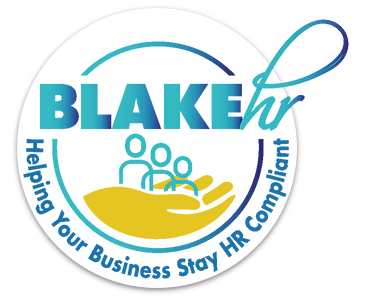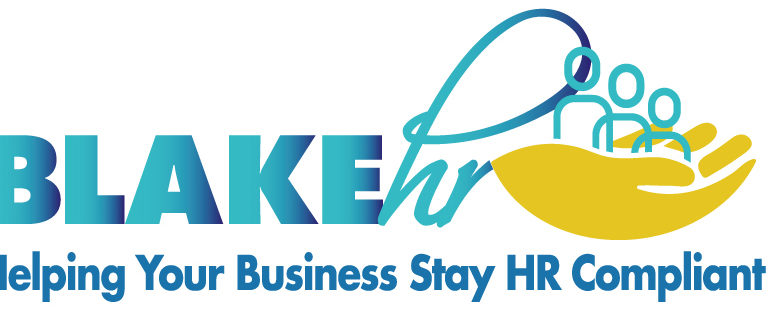The Quick Guide To HR Analytics
Take a minute to think about how you make some of your everyday decisions.
When you’re deciding what to wear, you might check the weather forecast to decide between a raincoat or a pair of shorts.
When you’re planning a journey, you might check the traffic to pick which route you’re going to take.
Even when you go out to eat, you’ll probably look at a restaurant’s reviews to decide where to go.
What do all these things have in common?
Analysing data to make a good decision.
That’s where HR analytics comes in – it helps you make great business decisions.
I’ve written this guide as an introduction to HR analytics. Let’s dive straight in…
What is HR analytics?
People analytics, workforce analytics, HR analytics – all different names for the same thing.
Very simply, it involves collecting data, analysing it, and reporting it, to help you measure the impact of your HR metrics on business performance.
It’s a data-driven approach to HR.
And that’s good because it means you can be more strategic in your approach to just about everything. Your decisions aren’t based on gut feeling alone, and you can see exactly how effective policies and actions are in practise.
That’s always valuable, but you could say it’s even more useful when budgets are tight and it’s more difficult to attract and retain top talent.

How can HR analytics help HR management?
Whether you realise it or not, HR collects a lot of data. The issue is that most of it remains unused.
That’s a huge waste.
This data can tell you a lot. It can answer loads of questions you’ve probably had and help make positive changes when it comes to your team.
For example, you likely know what your employee turnover is, but do you know what percentage of that is regretted loss? And could you tell me which of your current employees is most likely to leave in the coming year?
I doubt it.
Because, while HR departments collect and store records on just about everything people-related, it’s rare for them to go back and analyse this information.
The data isn’t being turned into insight.
When you analyse your data, you can learn things like how employee engagement impacts turnover, the effectiveness of learning and development schemes, and even which new hires will become your star performers.
In turn, that can improve engagement strategies, learning and development policies, and even your recruitment processes. And that can help you retain the right people for longer, help them develop in the right ways with the most effective training, and hire the right people first time.
Feels like a no-brainer, doesn’t it?
Where do you start?
Well, simply put, to get your answers you need to ask the right questions. But before you do that, you need to make sure you’re collecting the right data in the first place.
A lot of this information will come from standard HR practices. Things like keeping absence records, annual engagement surveys, and performance data all help.
And when you record all this data, you’re able to track the relationships between people’s abilities and organisational outcomes.
Then you start to ask the right questions – and they should be based on things your HR department can have an impact on.
Keep it simple to ease yourself in.
Perhaps you could look at which employees have the most potential for progression. Maybe you want to look at how engagement impacts absenteeism.
Next, you need to select the right data from different systems. You’ll need to clean that data – that means removing old data, incomplete data, or duplicated data – before you analyse it.
It’s worth noting that not all insights will be valuable or even very interesting. But the key is to ask the right questions if you want actionable insights. And the right questions can lead to outcomes you can have an influence over.
If it all feels a bit overwhelming to start with, I can help, so don’t hesitate to get in touch.

How can HR analytics help the wider business?
HR analytics allows your HR department to become a strategic partner, on top of everything else they do. It makes it easier to align your HR strategy with your business goals, taking away the guesswork and really adding more value to the wider business.
When you do it right, you can measure the impact of your HR on your bottom-line, often by looking at your return on investment (ROI).
How valuable would that be?
There are several factors you can analyse to find what will give you the highest impact and the quickest wins…
Costs:
– Employee turnover
– Absenteeism
– Policy effectiveness
Revenue:
– Recruitment
– Engagement / Performance
– Learning & Development
– Diversity
These are all your people-related drivers of business performance. If you can analyse these, it enables you to spot trends, see where you’re doing well, and crucially, what needs to change and improve.
Of course, when you make those changes, in theory, you should boost engagement, productivity, retention, skills, diversity… the list goes on. And what does that lead to? Increased turnover.

Are you ready to get started with HR analytics?
If this guide has inspired you to get started, what are you waiting for? And if it’s left you with more questions or you’d like some assistance getting started, get in touch. I’d be happy to help.
Give us a call at 07422727229 or contact us using the form below - we will be happy to answer any questions.


















